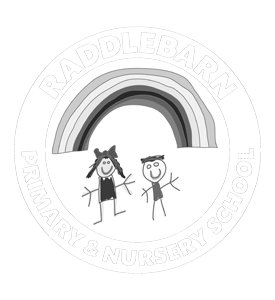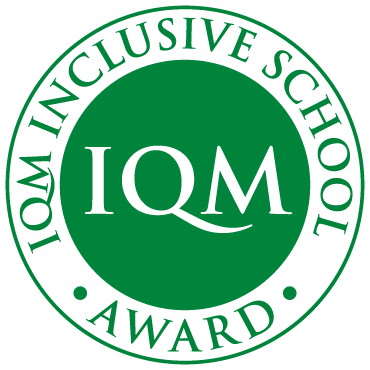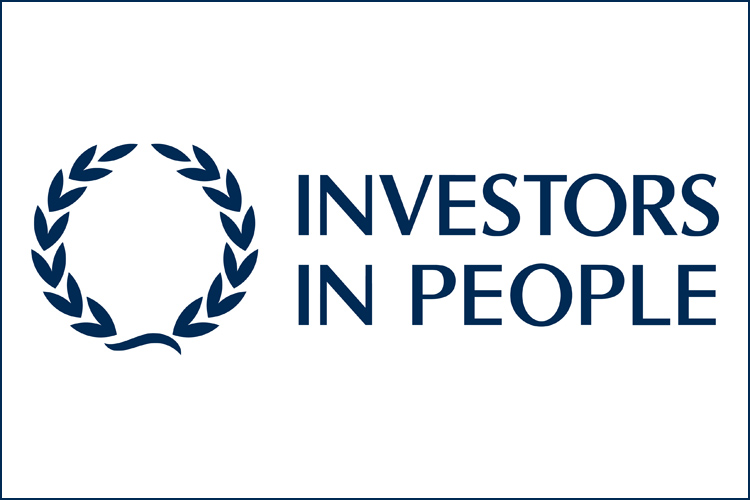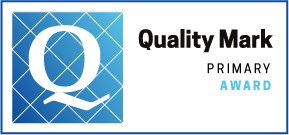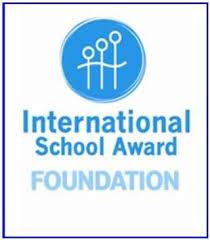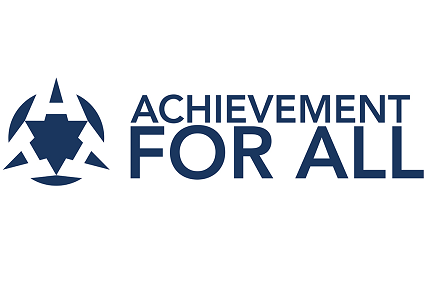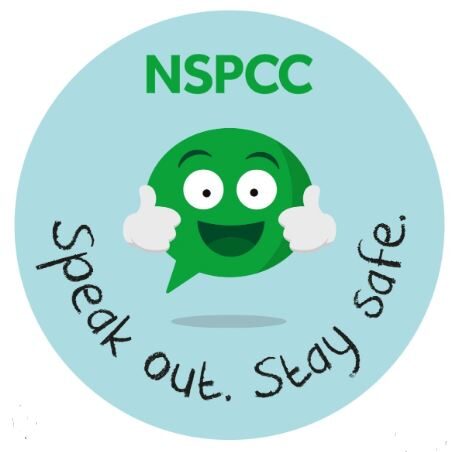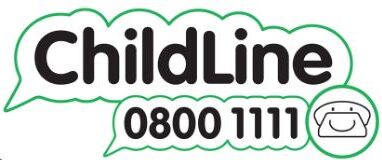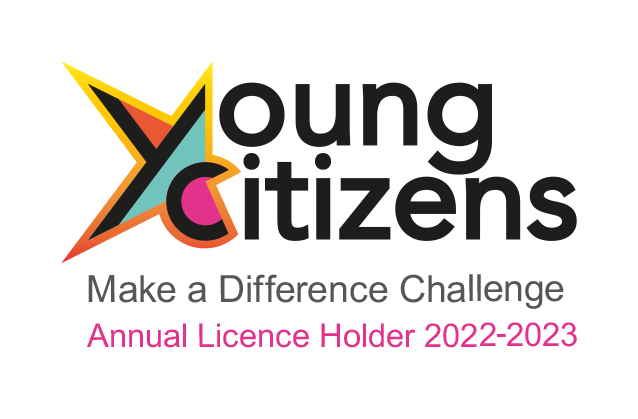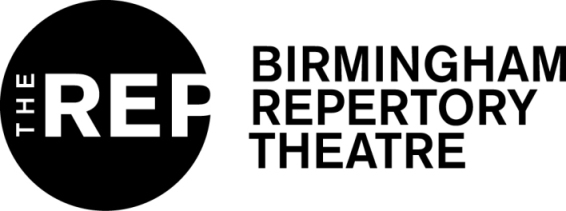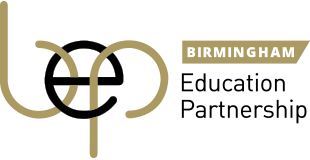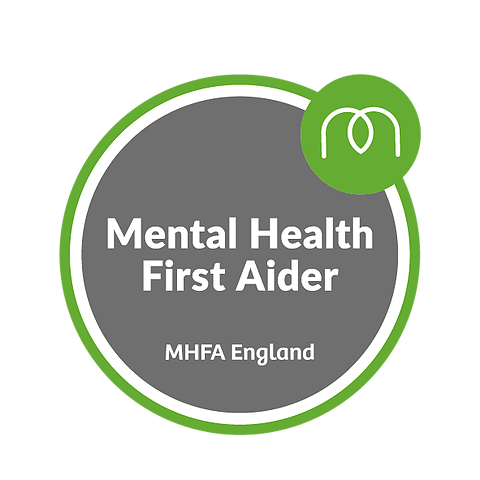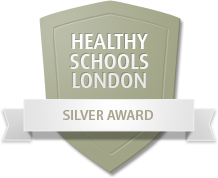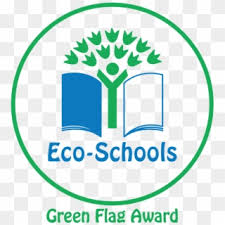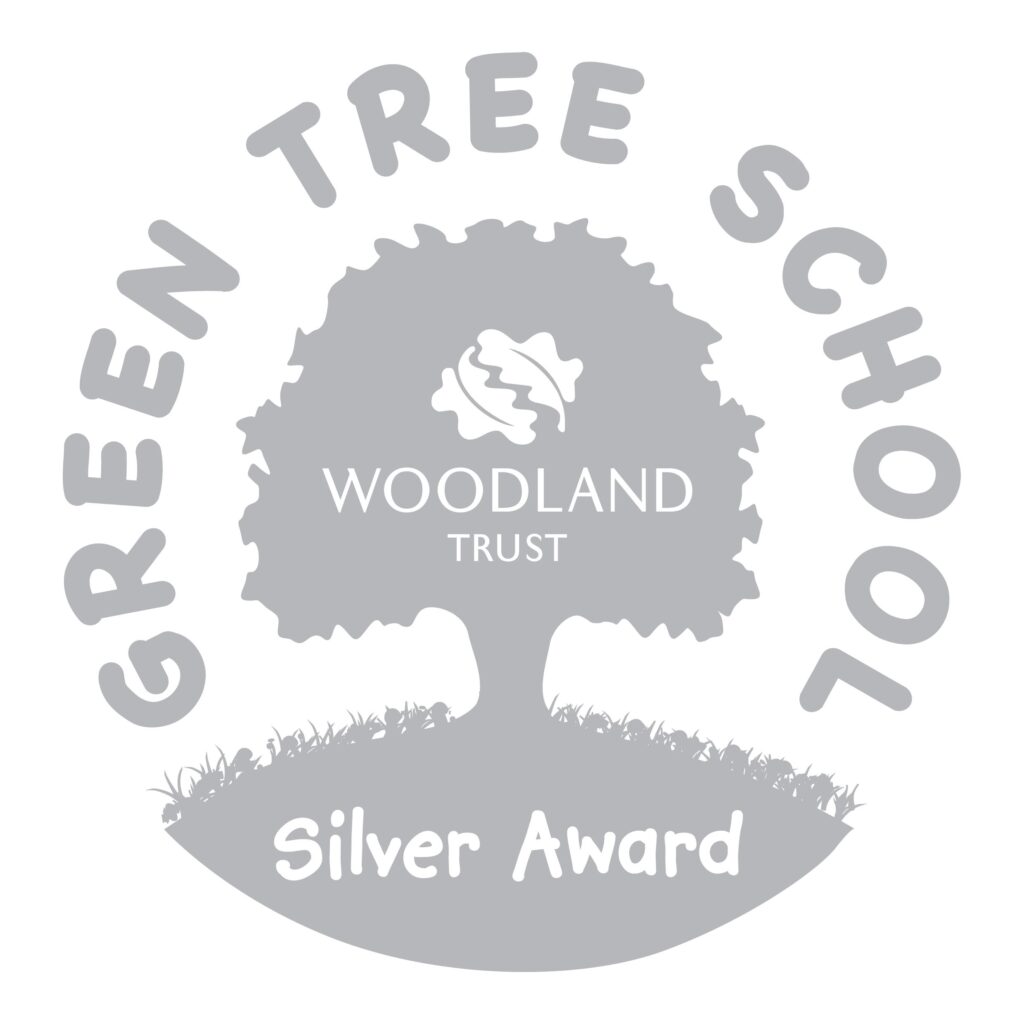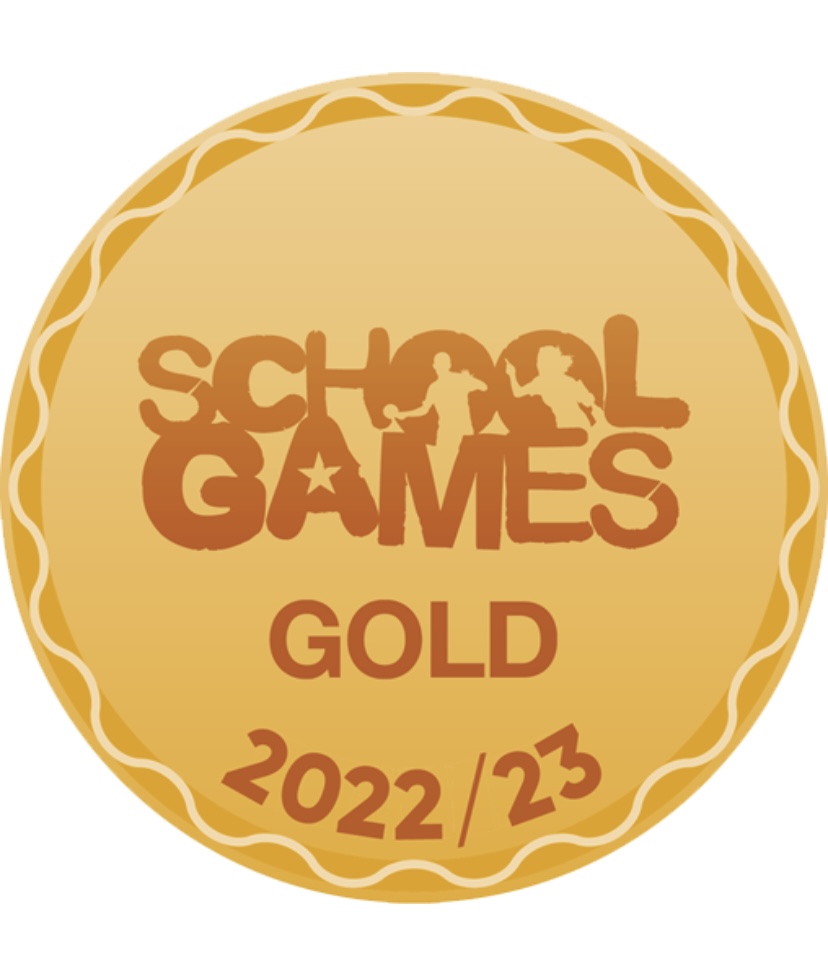 Intent
Intent
Design and Technology is an inspiring and practical subject, requiring creativity, resourcefulness, and imagination. We aim to ensure that all pupils develop the creative, technical and practical expertise needed to perform everyday tasks confidently and to participate successfully in an increasingly technological world. During their time at Raddlebarn, we strive for all pupils to design and make high-quality prototypes and products for a wide range of users and also learn how to cook and apply the principles of nutrition. They will also have the opportunity to evaluate and test their ideas and products, and the work of others.
Implementation
The teaching of Design and Technology across the school follows the National Curriculum. Pupils have the opportunity to design and make products that solve real and relevant problems within a variety of contexts, for example home, school, community and wider environment. Through a variety of creative and practical activities, we teach the knowledge, understanding and skills needed to engage in the process of designing and making. Pupils also have the opportunity to investigate and analyse a range of existing products, evaluate their ideas and consider the views of others.
Key skills and key knowledge for Design and Technology have been mapped across the school to ensure progression between year groups. We link Design and Technology to other subjects/topics and draw upon subject knowledge and skills within Mathematics, Science, History, Computing and Art to enhance teaching and learning. Design and Technology lessons are often taught as a block of work within a topic so that children’s learning is focused throughout. Pupils will work as individuals and as members of a team within their Design and Technology lessons.
Impact
Design and Technology skills and knowledge can prepare children for life in the wider world. Pupils at Raddlebarn learn how to take risks, become resourceful, innovative, resilient and enterprising. Many of our planned projects reinforce this and are linked to Enterprise and the local community. For example, Year 2 are designing and making chocolate boxes during their History project about the Victorians and the Cadbury brothers. They will sell their boxes.
Through the evaluation of past and present design and technology, they develop a critical understanding of its impact on daily life and the wider world. This understanding starts in the Early Years Foundation Stage, beginning with the exploration of technology in Nursery. The Reception topic of Machines has encouraged children to investigate everyday technology and how machines help us on daily basis. Year 4 find out about local architects and engineers and how they have impacted on where we live. They understand what innovative design is after designing their own building. Year 5 have researched bridges and used their research to design and make their own moveable bridge. In Year 6, children focus on the function of a product again when designing a fashion item.
Learning about health, nutrition and food preparation is a life skill that will continue with them long after finishing primary school. Children understand what is needed to stay heathy and know how to plan and prepare healthy food. They have expressed their views about our school snack time and lunch, for example children in Year 1 have said, “Milk is good for your bones and teeth” and “I drink water, it is healthy”. They will be able to make informed food choices in the future to contribute to their physical health as well as their mental health.
High-quality Design and Technology education makes an essential contribution to the creativity, culture, wealth and well-being of the children at our school.
Key Concepts
The key concepts that are studied and revisited in design and technology in each year group are:
| Design | A plan or drawing produced to show the look and function or workings of a building, garment, or other object before it is made. |
| Nutrition | The nourishment or energy that is obtained from food consumed or the process of consuming the proper amount of nourishment and energy. An example of nutrition is the nutrients found in fruits and vegetables. An example of nutrition is eating a healthy diet. |
| Technology | Technology is science or knowledge put into practical use to solve problems or invent useful tools. |
| Data | Data is “known facts”. It especially refers to numbers, but can also mean words, sounds, and images too. Originally, data is the plural of the Latin word datum which means “give”. |
| Evaluate | To evaluate is the act or the result of evaluating a situation that requires careful consideration to determine the value, nature, character, or quality of something. |
| Functionality | The quality or state of being functional. A design that is admired both for its beauty and for its functionality: the set of functions or capabilities associated with something. |
| Innovation | The process of making (something) new or doing something in a new way. Innovation also has to include the concept of improvement; to innovate is not just to do something differently, but to do or make something better. |
Supporting Documents:




